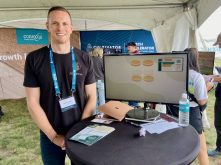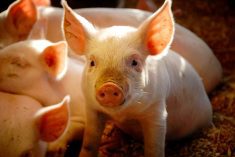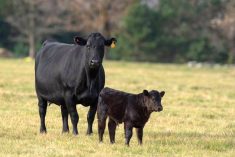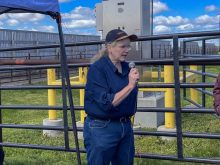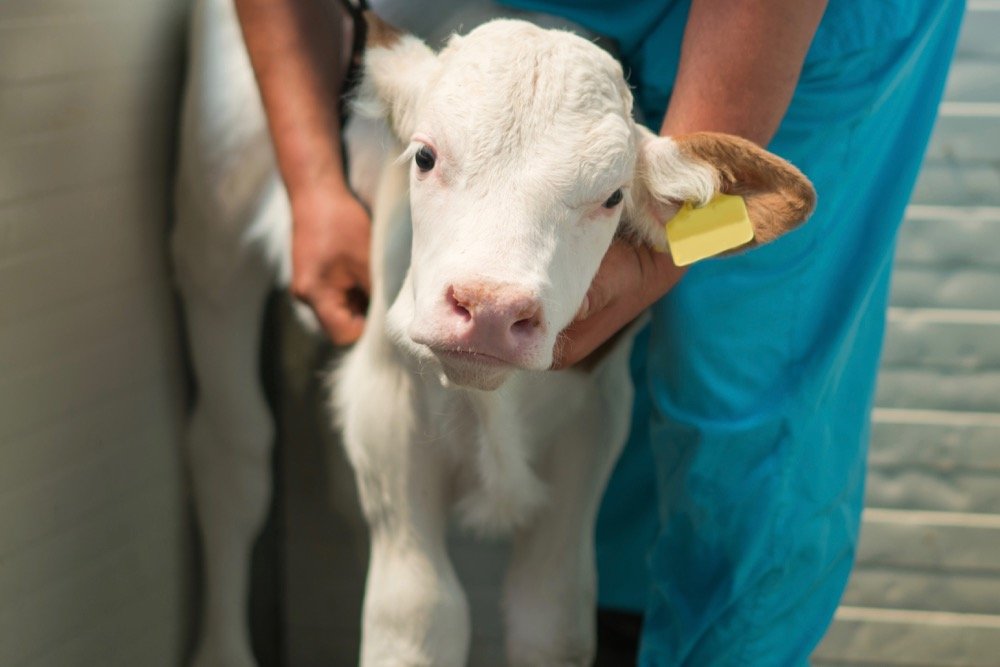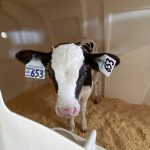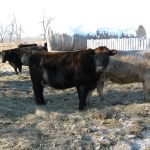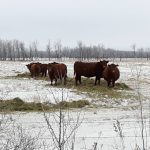Glacier FarmMedia — Tissue samples for DNA testing in beef cattle can now be analyzed at the Global Institute for Food Security at the University of Saskatchewan.
Canadian beef producers will no longer have to send samples to other countries to have genotyping done.
Read: More Agribition coverage.
GIFS and the Canadian Beef Improvement Network announced a new strategic partnership at Canadian Western Agribition. Funding for the state-of-the-art equipment came from Farm Credit Canada’s accelerated breeding program at GIFS, announced last year, and Prairies Economic Development Canada.
Read Also
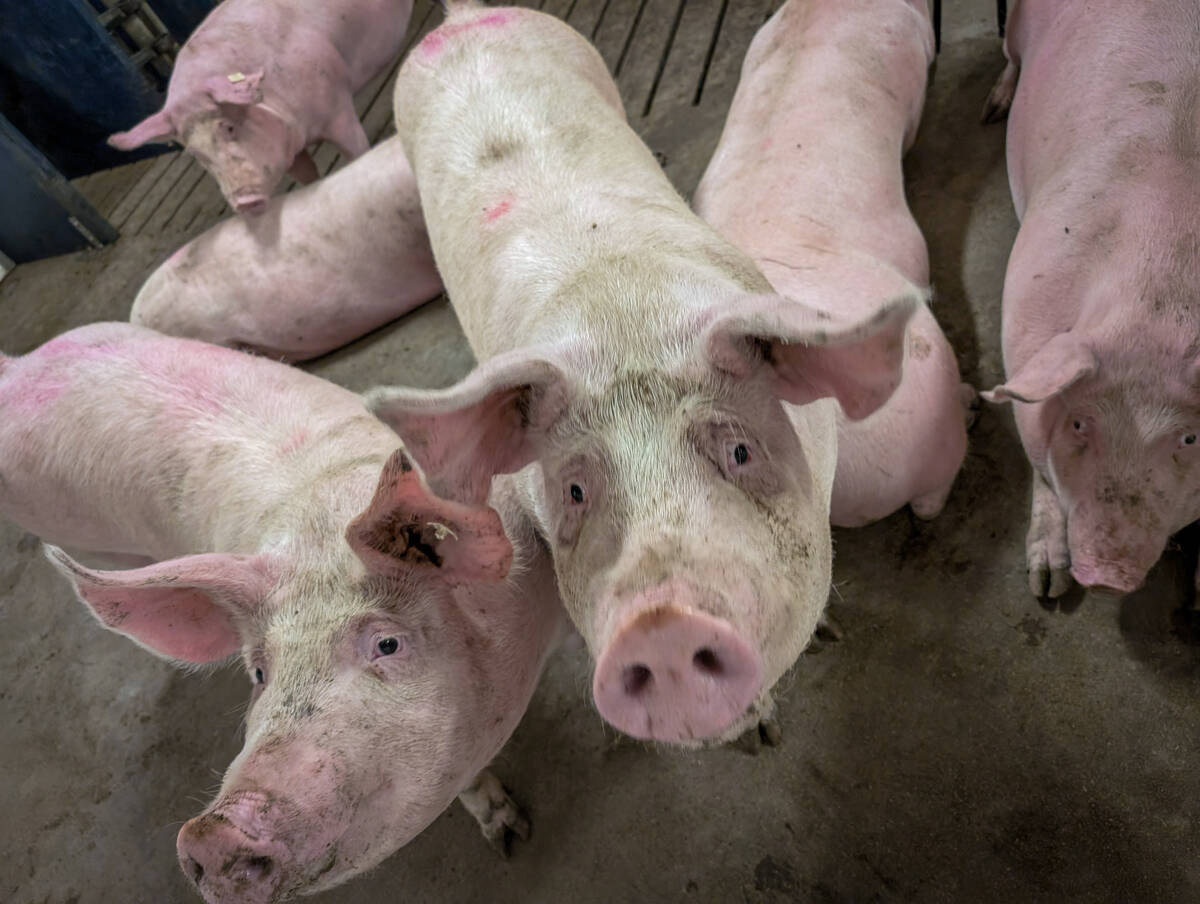
No way to segregate gene-edited pigs Canadian Pork Council says as groups call for labelling
Canadian Pork Council says it supports bids to get public acceptance for pigs gene edited for resistance to PRRS as some consumer and agriculture groups call for mandatory labelling.
WHY IT MATTERS: Genotyping is expected to play a larger role in breeding improvements as the industry advances. Being able to do the work in Canada will eliminate shipment delays and extended turnaround times for testing.
CBIN’s Sandy Russell said the beef industry has been working on this for years, but in the last seven months everything came together. Until now, the tests and storage of the information have been done in the United States and Australia.
“It’s important we work with our partners around the world, but we need our data and our resources here within Canada to be able to help support Canadian beef producers to keep supporting those world class genetics, world class beef that we’re all used to,” she said.
Russell said producers have been genotyping for a long time and it’s a cost they are used to paying. A Canadian system will create efficiencies and value, she said, but not higher prices.
Genotyping isn’t likely to replace visual appraisal.
“This is one more tool to help us do a better job of predicting the production we’re going to make in the future,” she said.
GIFS chief executive officer Steven Webb agreed.
“When you look at the FCC breeding acceleration program at GIFS, it actually links the genotype or the letters and the DNA with what is actually looked at in the field — how does it perform, whether it’s a plant, a cow, a pig. It complements and augments what the phenotypes are and helps us understand what the genotypes are.”
Understanding both visual appearance and genetic makeup can help make prediction models to drive genetic gain.
GIFS’ role is to bring the technical expertise and turn the data into information producers can actually use to make decisions faster.
“Our role is kind of the trusted honest data broker and data security,” he said.
“The data that we generate can add additional value to the industry participants by being able to have it all in one place, to be able to scale it up and leverage it for new traits and technologies for the industry,” Webb said.
Sarah Van Schothorst, CEO of the Canadian Gelbvieh Association, said the partnership represents innovation that supports producers.
“Our support of CBIN reflects the shared belief that genetic progress is strongest when we work together,” she said.
“Through the strategic partnership with GIFS, CGA has access to high throughput genotyping, sovereign data storage and management and innovative advancements in data analytics.”
This will resonate throughout the sector as breeders, commercial producers and others are able to use accurate credible genetic information, she said.
Van Schothorst said having the information in Canada will eliminate risks and delays associated with cross-border shipments, ensure secure storage and management, improve decision making to align seedstock and commercial customer needs and support long-term breed management goals.
Canadian Simmental Association president Randy Noble said producers are excited about the opportunity.
“We’ve heard all the reasons why it makes sense for Canadian seed stock producers to get involved, and the value that brings us in security of data and not having to experience some of the challenges working with companies outside of Canada,” he said.
“It’s all about helping us make the decisions so that we’re confident the seed stock that we’re producing is the right product for the industry.”
There is increasing emphasis on data and how to manage and use it, and Noble said this is another step in a continuous improvement journey.



